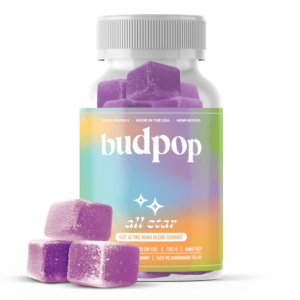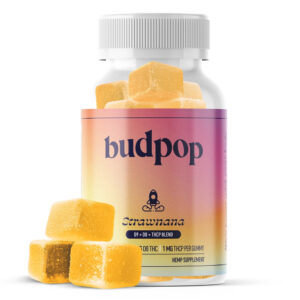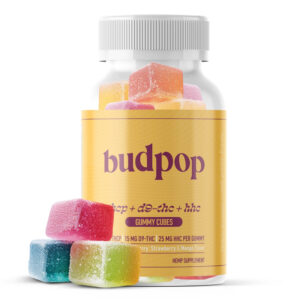THCP Products
Buy premium THCP products online - All new legal hemp derived category


- Rated 4.92 out of 5$99.95 — or subscribe to save 25%View Product This product has multiple variants. The options may be chosen on the product page
- Rated 4.56 out of 5$89.95 — or subscribe to save up to 30%View Product This product has multiple variants. The options may be chosen on the product page
- Rated 4.63 out of 5$99.95 — or subscribe to save up to 30%View Product This product has multiple variants. The options may be chosen on the product page
Interested in the recent hype about THCp in the cannabis community? THCp, or Tetrahydrocannabiphorol, is a naturally occurring phytocannabinoid in the cannabis plant that has piqued the interest of many researchers and enthusiasts. With a molecular structure akin to Delta-9-Tetrahydrocannabinol (THC), THCp introduces a unique variation that may intensify its psychoactive effect, making it substantially more potent. This discovery of THCp is poised to revolutionize our comprehension of cannabinoids and their physiological responses.
What is THCP?
While THCP, is an organic cannabinoid mirroring delta-9 THC found in specific marijuana strains, it introduces a unique variation with its longer alkyl side chain which could potentially influence its binding affinity to receptors.
This molecular structure might intensify THCP’s psychoactivity, suggesting a more potent cannabinoid.
Further research is required to fully comprehend THCP and its potential therapeutic applications.
Chemical Composition and Unique Structure
What differentiates THCp from its cannabinoid counterparts is its unique chemical composition and structural configuration, notably its extended carbon chain which enhances its binding affinity to receptors.
This longer alkyl side chain makes THC-P a significantly potent cannabinoid.
The effects of THCP are profoundly influenced by this distinctive structure, as it interacts intensely with the cannabinoid receptor, potentially driving more substantial physiological responses.
THC-P’s Comparison With Other Cannabinoids
In comparison to other cannabinoids such as THC and delta-8, THC-P demonstrates a potentially higher potency, underpinned by its unique psychoactive and therapeutic effects. This psychoactive cannabinoid, found in various THCp products, has more potent effects than its counterparts.
However, the legality of THCp varies, making its delta THC comparison and overall place in the cannabinoid hierarchy a complex, yet intriguing, area of study.
THC-P and Drug Testing
When delving into the domain of THC-P and its implications for drug testing, it becomes apparent that this cannabinoid, due to its structural similarity to THC, may indeed be detected in such tests, potentially leading to positive results.
An intricate understanding of THC-P’s detection is vital for users, as its presence can have legal implications. Consequently, caution is advised for individuals subject to drug tests when using THC-P products.
Is THCP legal in the USA?
Traversing the legal labyrinth of THCP’s status in the United States necessitates a thorough understanding of the complex interplay between state and federal laws related to cannabis.
THCP legality varies by state due to different cannabis laws and regulations.
Federal law’s classification of cannabis as a Schedule I drug impacts THCP’s legal status.
Hence, understanding state-specific regulations and ensuring compliance is important.





